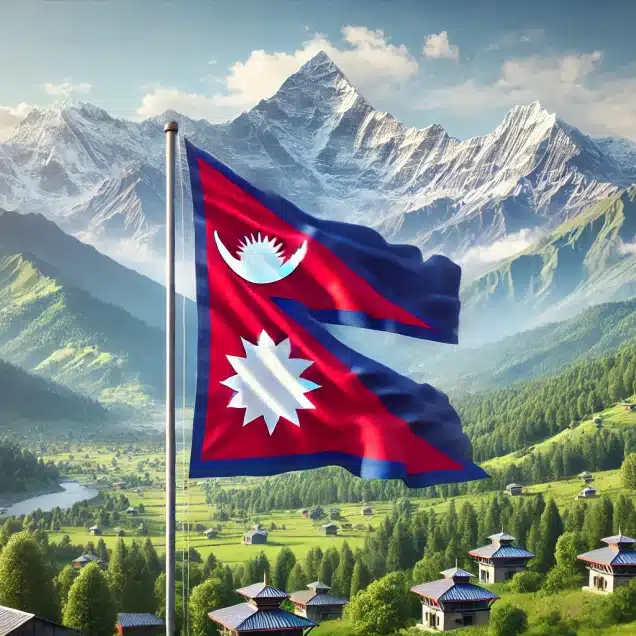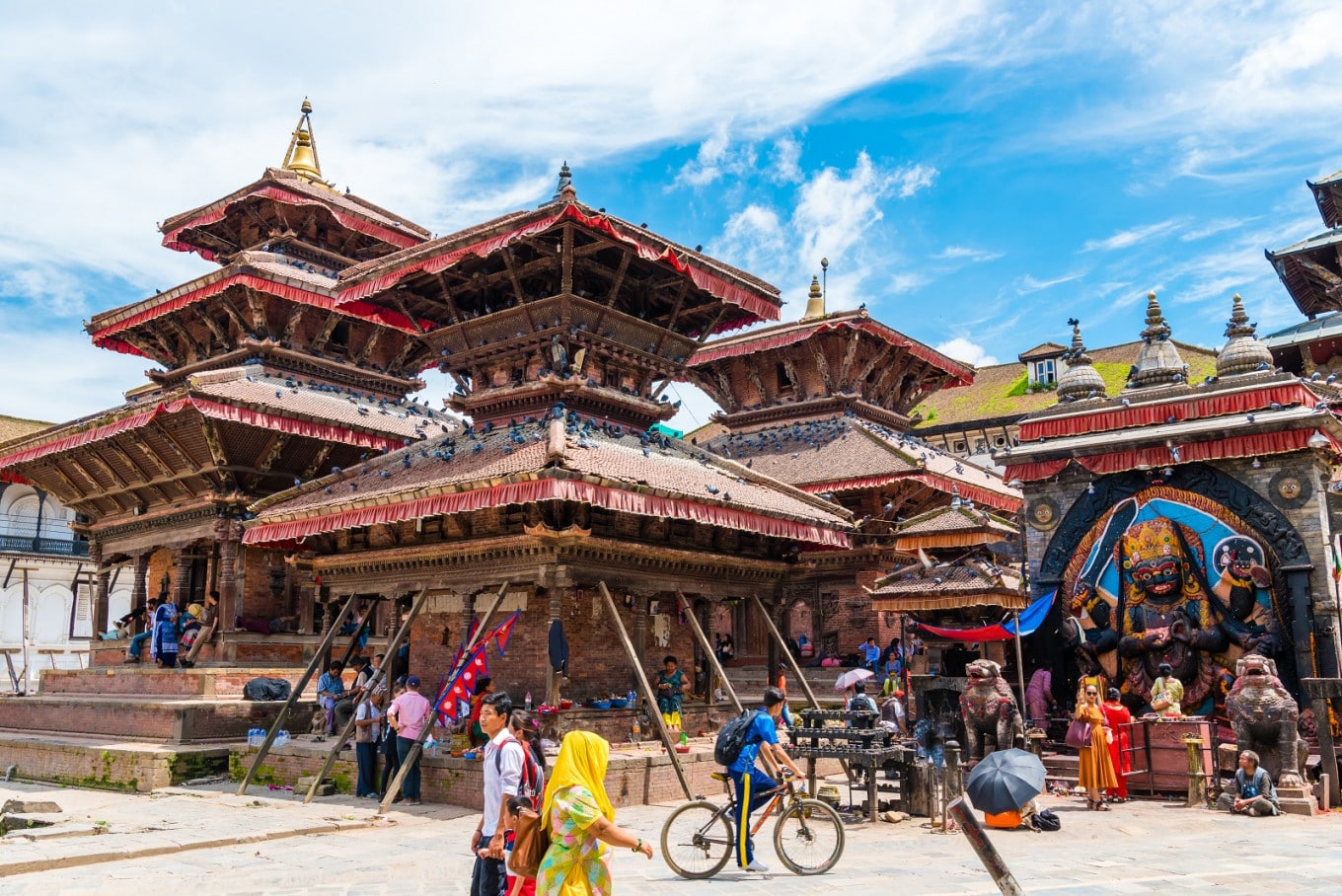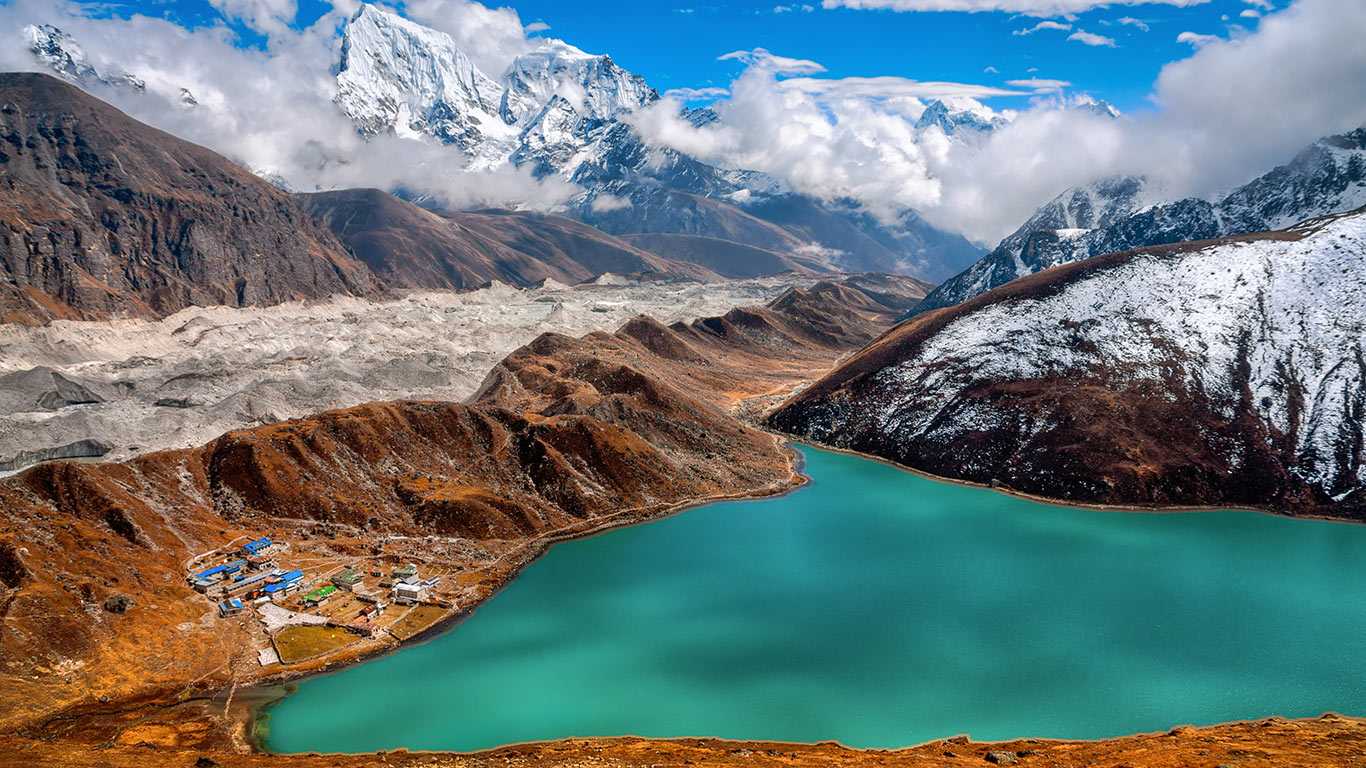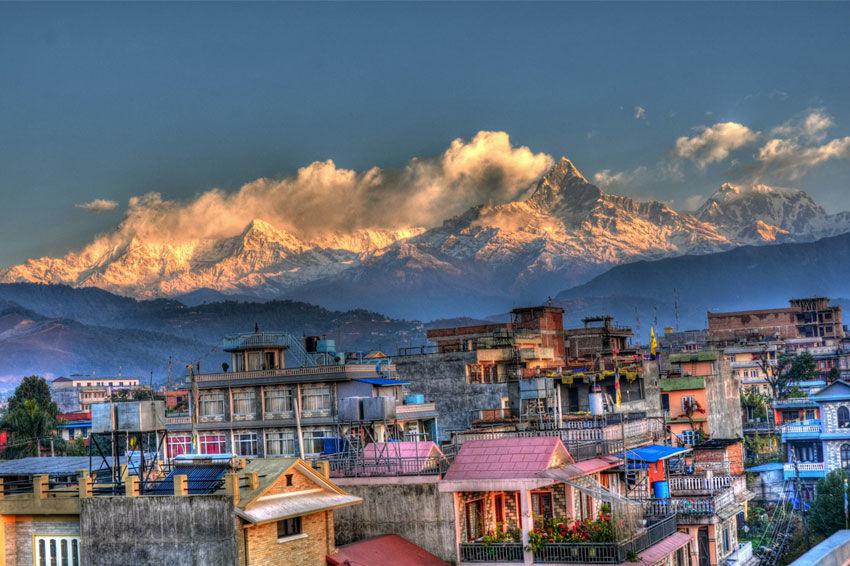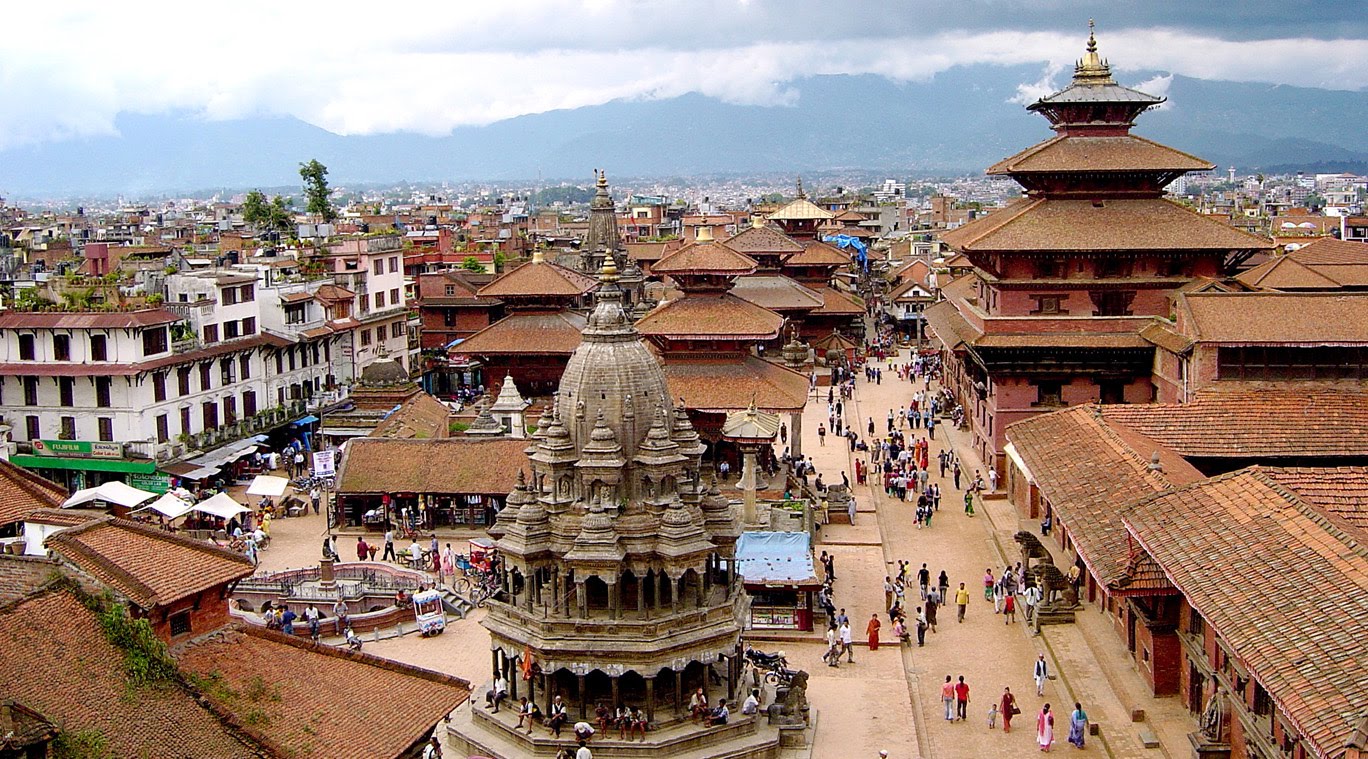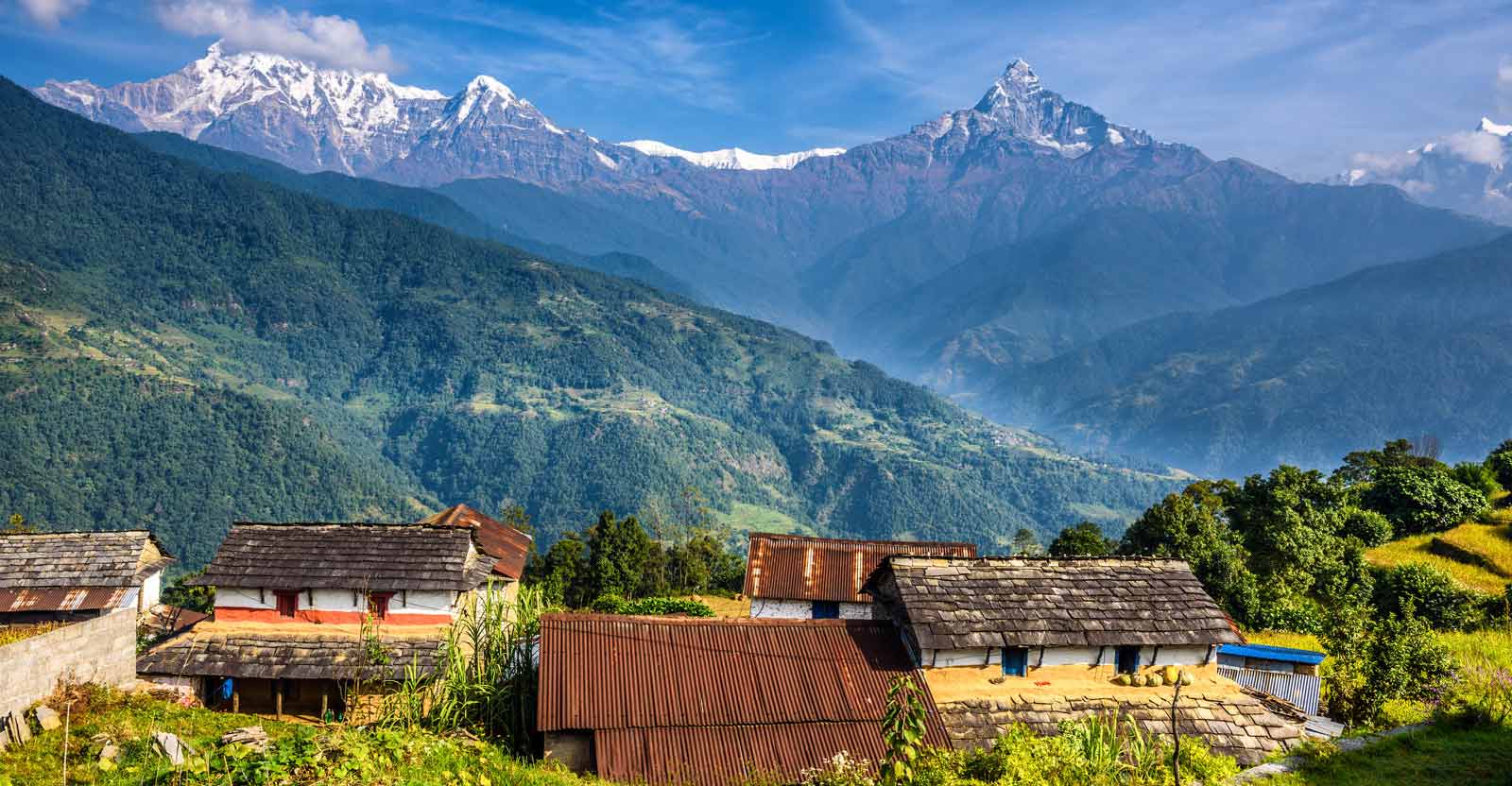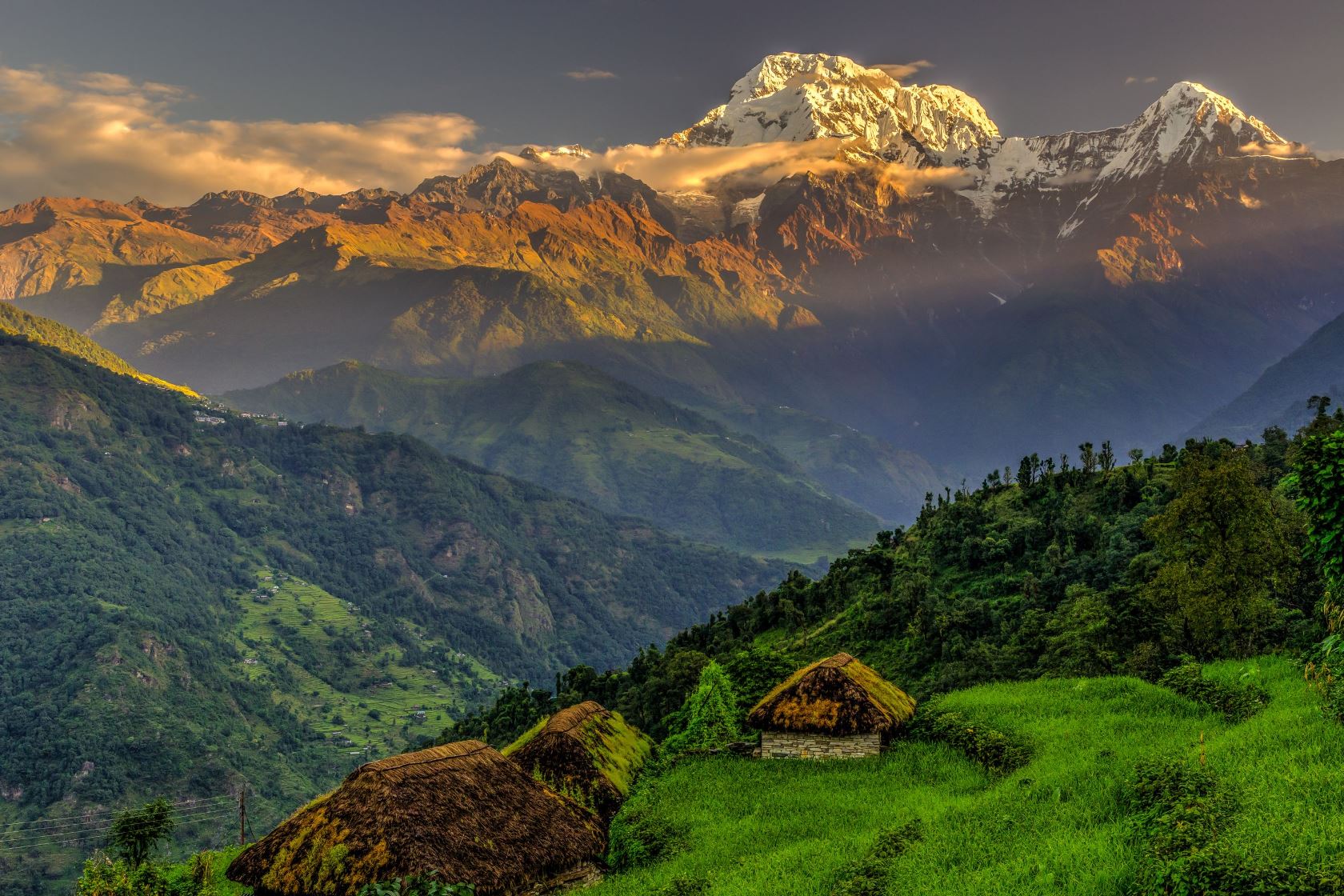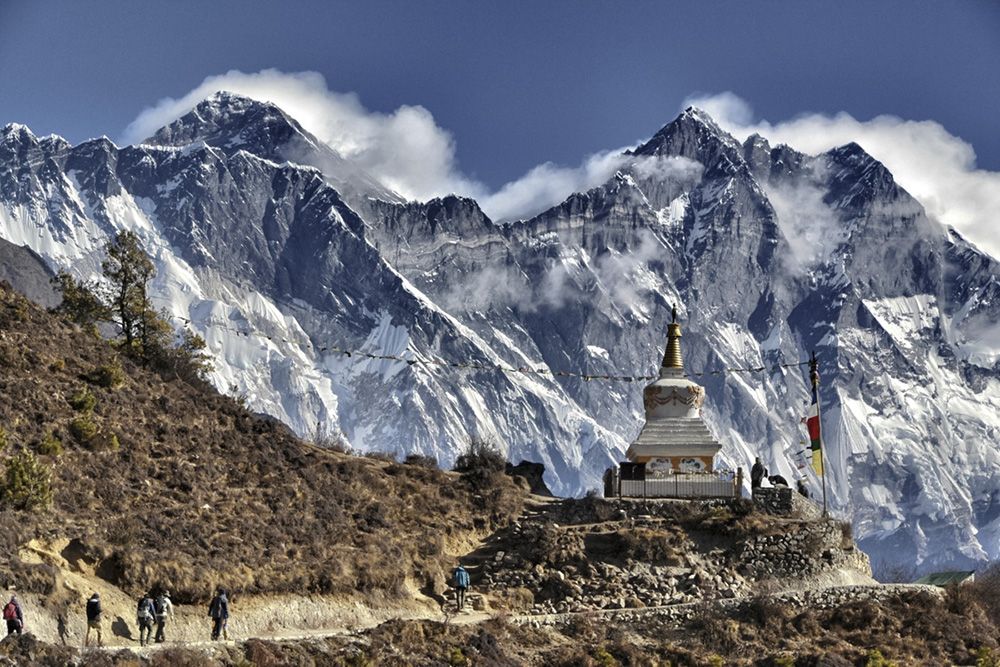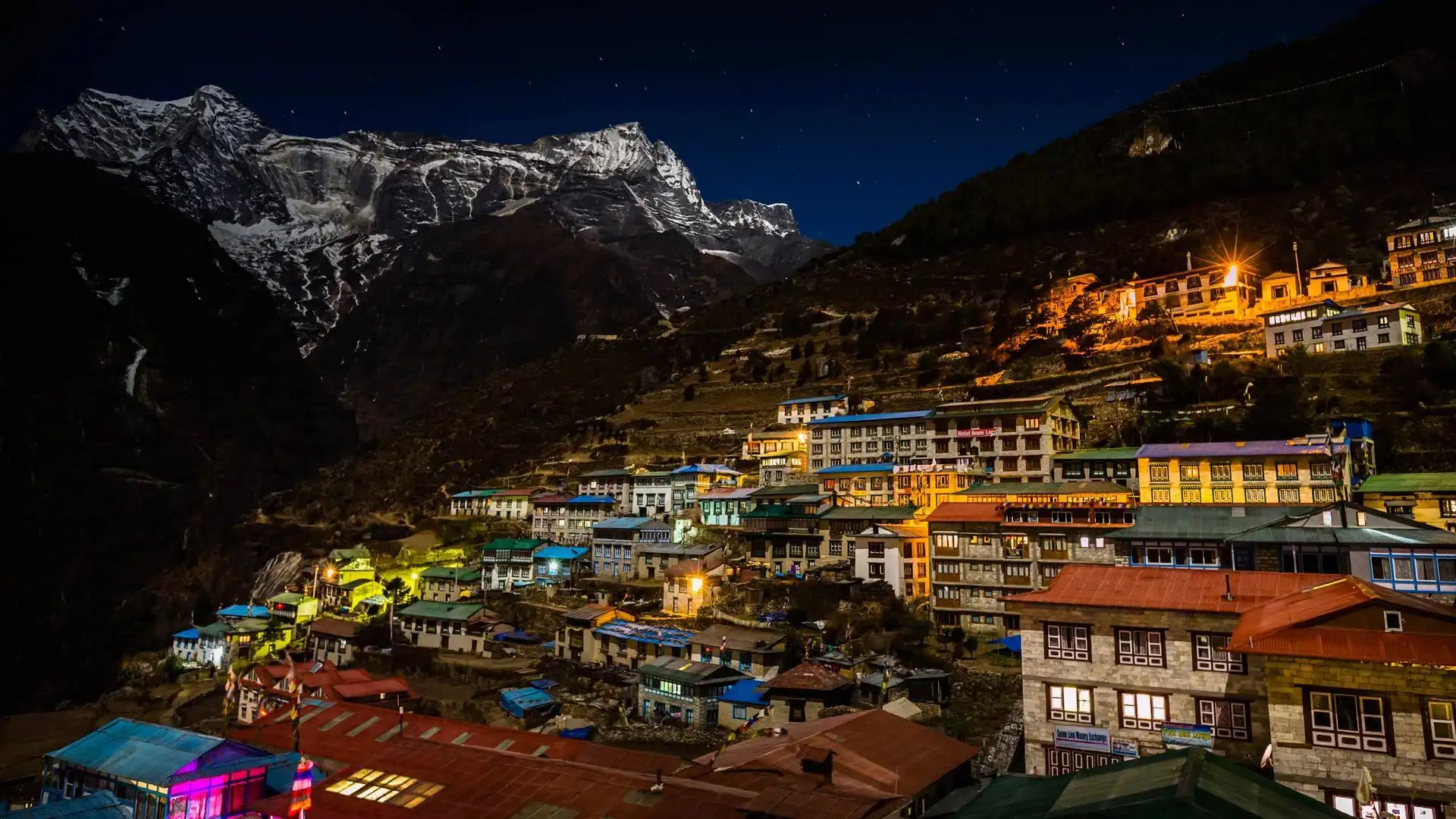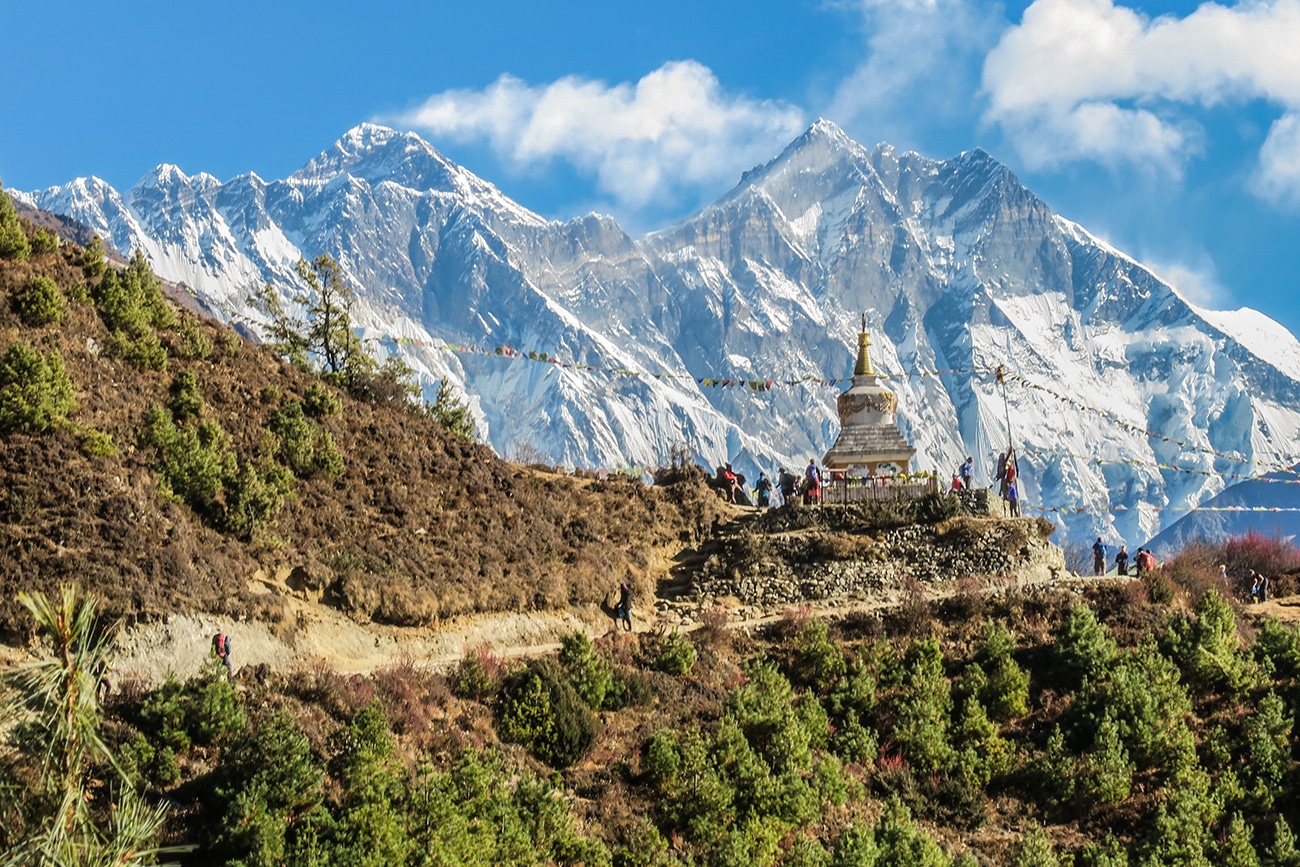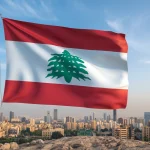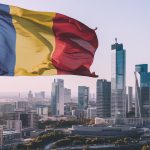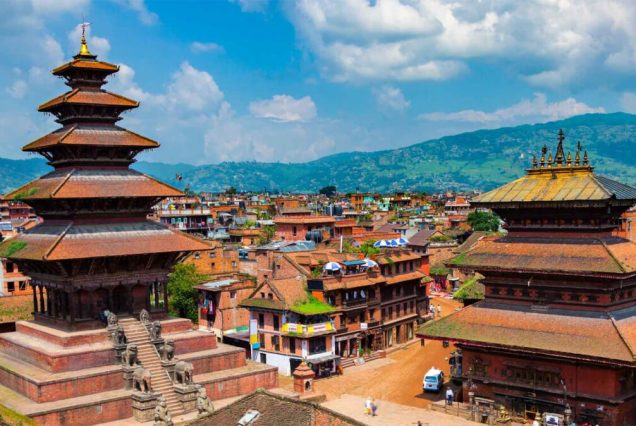

Discover Nepal
Sights
Map
Info
Nepal is a country of stunning landscapes, rich culture, and welcoming people, making it a popular destination for both adventure seekers and spiritual travelers. To make the most of your trip, it’s important to be aware of visa and passport requirements, transportation options, accommodation, and dining choices. Additionally, understanding the local culture, language barrier, technology, communication, and shopping options will help ensure a smooth and memorable experience.
Visa and Passport Requirements
Visa on Arrival: Most travelers can obtain a visa on arrival at Kathmandu’s Tribhuvan International Airport for a stay of up to 90 days.
E-Visa Option: Nepal offers an online visa application system for those who prefer to apply before traveling.
Passport Validity: Your passport should be valid for at least six months from your intended date of entry into Nepal.
Transportation
Taxis and Rickshaws: Taxis are common in cities, but always negotiate the fare beforehand as meters are rarely used. Rickshaws are an affordable option for short trips.
Public Buses: Nepal’s bus network is extensive, but services can be slow and crowded, especially in rural areas.
Domestic Flights: For traveling to remote areas like the Himalayas, domestic flights are the quickest and often most reliable option.
Accommodation
Hotels: Nepal offers a range of hotels, from budget to luxury, particularly in Kathmandu, Pokhara, and Chitwan.
Guesthouses and Tea Houses: In trekking regions, guesthouses and tea houses provide basic but comfortable lodging for trekkers.
Hostels: For budget travelers, hostels are widely available in Kathmandu and popular tourist areas.
Dining
Local Cuisine: Nepali food is simple yet flavorful, with dal bhat (lentils and rice) being the staple meal, along with momos (dumplings) and curries.
Street Food: Street food is popular, especially in Kathmandu and Pokhara, but be cautious about hygiene and opt for freshly prepared dishes.
International Cuisine: In tourist areas, restaurants serving international food, including Indian, Chinese, and Western cuisine, are widely available.
Cultural Considerations
Respect for Temples: When visiting Hindu or Buddhist temples, dress modestly and remove your shoes before entering.
Greetings: The traditional greeting is “Namaste,” with hands pressed together in front of the chest, accompanied by a slight bow.
Be Mindful of the Head: In Nepalese culture, the head is considered sacred, so avoid touching someone’s head or stepping over someone sitting on the ground.
Language
Nepali Language: Nepali is the official language, but English is commonly spoken in tourist areas and by younger generations.
Basic Phrases: Learning a few basic Nepali phrases can be helpful, especially in rural areas where English is less common.
Technology and Communication
Wi-Fi Access: Free Wi-Fi is available in most hotels, cafes, and restaurants in urban areas, though connectivity may be slow.
Local SIM Cards: Purchasing a local SIM card with data is easy and affordable, ensuring reliable communication during your trip.
Shopping and Payment
Cash and Cards: Nepalese Rupee (NPR) is the primary currency; while credit cards are accepted in larger hotels and restaurants, cash is preferred in smaller establishments.
Local Markets: Haggling is common in markets when purchasing handicrafts, clothing, and souvenirs.
ATMs: ATMs are widely available in cities, allowing easy withdrawal of local currency.

